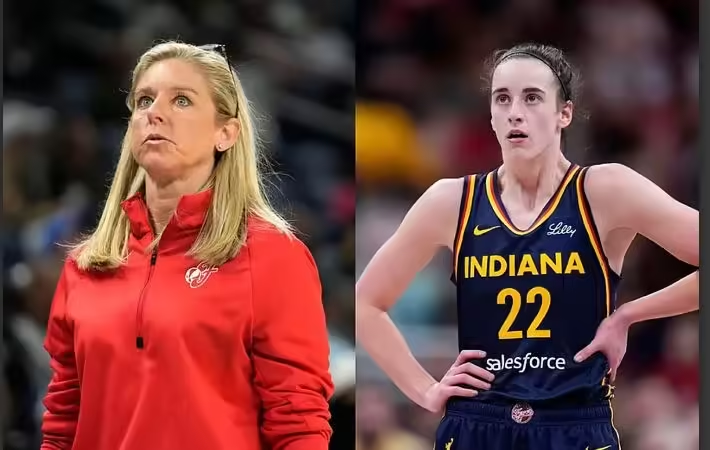Caitlin Clark, a rising star in women’s basketball, recently sparked significant attention with her statement directed towards Fever fans. Her message, “Don’t blame me if I depart this summer, blame the coach,” reflects a complex dynamic that often exists between players and coaches in professional sports.
Clark’s words suggest a frustration or dissatisfaction with her current coaching situation at the Fever. For fans and analysts, such statements raise questions about the internal dynamics of the team and the potential implications for Clark’s future with the franchise. This kind of public statement from a player can signify underlying tensions or disagreements regarding playing time, coaching style, team strategy, or overall management.
The relationship between players and coaches in sports is crucial to a team’s success. A strong, supportive coaching staff can nurture talent, develop strategies, and create a positive team culture. Conversely, conflicts or disagreements between players and coaches can lead to instability, discontent, and even player departures.
In Clark’s case, her talent and potential as a player are undeniable. As a standout player in college and a highly anticipated prospect in the WNBA, her impact on the court is significant. However, the success of a player in a professional league like the WNBA often depends not only on individual skill but also on the ability to thrive within a team structure.
For Fever fans, Clark’s statement may provoke concern about the team’s ability to retain top talent and maintain a competitive edge in the league. The prospect of losing a promising player like Clark due to internal issues could be disappointing, especially considering her potential to become a franchise cornerstone.
In professional sports, managing player-coach relationships requires a delicate balance of communication, respect, and alignment of goals. When tensions arise, it becomes essential for teams to address issues promptly and effectively to maintain stability and morale. The outcome of such situations can influence not only the immediate performance of the team but also its long-term prospects and reputation within the league.

